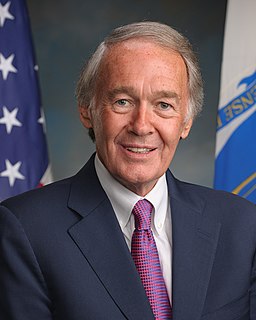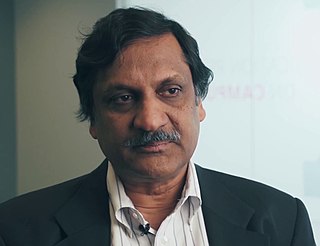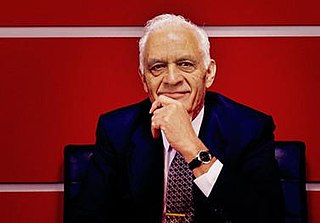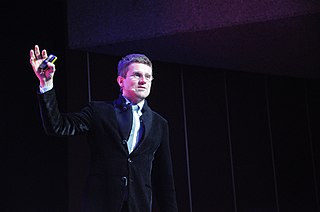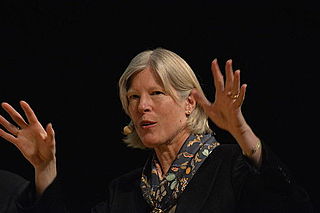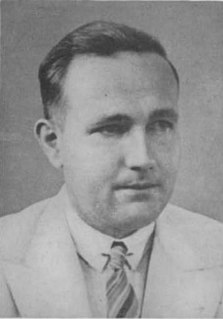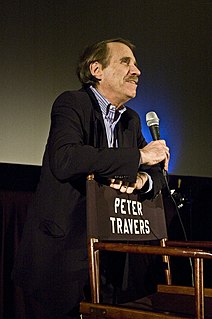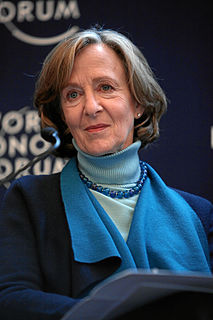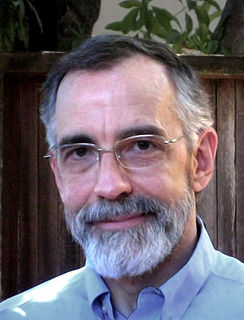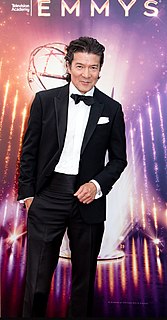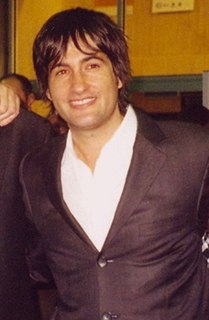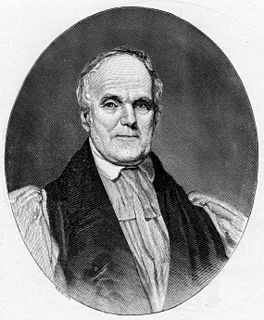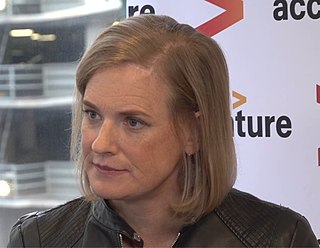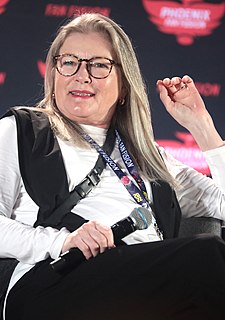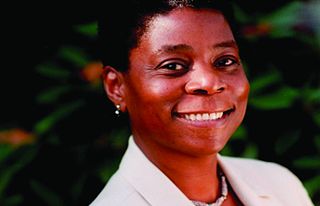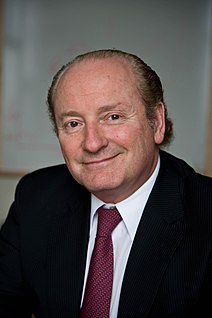Top 126 MIT Quotes & Sayings - Page 2
Explore popular MIT quotes.
Last updated on November 25, 2024.
It's a totally different spiel when I talk at Morehouse. But when I'm talking at MIT? At the University of Cincinnati? I'm telling white people, in order to stop systemic racism, you must first befriend, become a colleague of, get to know intimately, put yourself culturally in the framework of someone who doesn't look like you.
In 1980, during my sophomore year at MIT, I realized that the school didn't have a student space organization. I made posters for a group I called Students for the Exploration and Development of Space and put them up all over campus. Thirty-five people showed up. It was the first thing I ever organized, and it took off!
In my first career I had founded my own company, with a group of MIT professors, before coming to Harvard to finish my doctorate, and so I had a deep respect for the brains, talent, and dedication of managers. That made it hard for me to believe the attributions in the business press that stupid management was to blame. So I looked elsewhere for an explanation.
I was good at math and science, and it was expected that I would attend the University of Washington in Seattle and become an engineer. But by the time I was seventeen, I was ready to leave home, a decision my parents agreed to support if I could obtain a scholarship. MIT did not grant me one, but the University of Chicago did.
When I got to MIT, I discovered a really interesting Master's program called the Science and Technology and Policy Program - it taught people with a background in STEM how to think about science and tech from a policy perspective. It was a great way to understand how to communicate science to a policymaker or a layperson.
Mea culpa, mea culpa. MIT and Wharton and University of Chicago created the financial engineering instruments, which, like Samson and Delilah, blinded every CEO. They didn't realize the kind of leverage they were doing and they didn't understand when they were really creating a real profit or a fictitious one.
I think people all over the institution recognize that different ways of understanding are valuable. Artists may think in a different way than biologists or chemists, but you can learn something from that. It is true that the arts at MIT don't have the same amount of funding or same status as the sciences or engineering.
[In geology,] As in history, the material in hand remains silent if no questions are asked. The nature of these questions depends on the "school" to which the geologist belongs and on the objectivity of his investigations. Hans Cloos called this way of interrogation "the dialogue with the earth," "das Gesprach mit der Erde."
My children threw me a life line: "Return to your roots - food - and rewrite your first book, Diet for a Small Planet." I learned that if I could just show up, in this case, if I could just get myself out of bed, get to the computer in my tiny office at MIT, and start writing, help would start arriving.
Silicon Valley, after all, feeds off the existence of computers, the internet, the IT systems, satellites, the whole of micro electronics and so on, but a lot of that comes straight out of the state sector of the economy. Silicon Valley developed, but they expanded and turned it into commercial products and so on, but the innovation is on the basis of fundamental technological development that took places in places like this [MIT] on government funding, and that continues.
I've got one grandson gone to MIT. Another grandson had been in the American school here. Because he was dyslexic, and we then didn't have the teachers to teach him how to overcome or cope with his dyslexia, so he was given exemption to go to the American school. He speaks like an American. He's going to Wharton.
I thought that perhaps the most creative mix for a society would be nine parts solid worker from institutions like MIT to one part poet from Marrakech, but in spite of the fact that I myself had been trained to be one of the solid workers, which meant that all of my sympathies lay with that group, I would not surrender the poet. The problem was to find him.
It struck me that Steve Jobs, known to be such a brilliant speaker, had a very difficult time explaining things when he was younger. He was describing technology that didn't exist. He had MIT engineers, and he was trying to tell them what he wanted; but there were no terms for what he wanted yet. I think a lot of his early frustration was trying to quickly get his vision to the finish line.
My family has always supported my activities, whether it was doing combat in Korea, flying progressively and challenging fighter-jet aircraft in Europe, or studying for a doctor's degree at MIT. They have been always very supportive and understanding of the challenges and risks involved in my career. A family needs to work as a team, supporting each other's individual aims and aspirations.
A good traditional conceptual instruction is what I got from my better professors at MIT. They would be at a chalkboard, and they would literally be explaining something and working through a problem, but it wasn't rote. They were explaining the underlying theory and processes and intuition behind it.
Going a little further into the future, we'll start literally connecting to machines. Some of my colleagues at MIT here - some of them are working on a neural mesh that connects directly to your brain, and they've already done it with some disabled people and allowed them to move objects just by thinking.
Nothing gives us greater pride than the importance of India's scientific and engineering colleges, or the army of Indian scientists at organizations such as Microsoft and NASA. Our temples are not the god-encrusted shrines of Varanasi, but Western scientific institutions like Caltech and MIT, and magazines like 'Nature' and 'Scientific American.
If you take a look at places like Harvard, it's striking. In the early ,50s, I think there were a handful of Jewish professors, three or four. But by the 1960s, there were Jewish deans and administrators. In fact, one of the reasons why MIT became a great university was because they admitted Jews whereas Harvard did not.
A hacker is someone who enjoys playful cleverness—not necessarily with computers. The programmers in the old MIT free software community of the 60s and 70s referred to themselves as hackers. Around 1980, journalists who discovered the hacker community mistakenly took the term to mean “security breaker.”
Find something that you love to do, and find a place that you really like to do it in. I found something I loved to do. I'm a mechanical engineer by training, and I loved it. I still do. My son is a nuclear engineer at MIT, a junior, and I get the same vibe from him. Your work has to be compelling. You spend a lot of time doing it.
Find something that you love to do, and find a place that you really like to do it in. I found something I loved to do. Im a mechanical engineer by training, and I loved it. I still do. My son is a nuclear engineer at MIT, a junior, and I get the same vibe from him. Your work has to be compelling. You spend a lot of time doing it.

